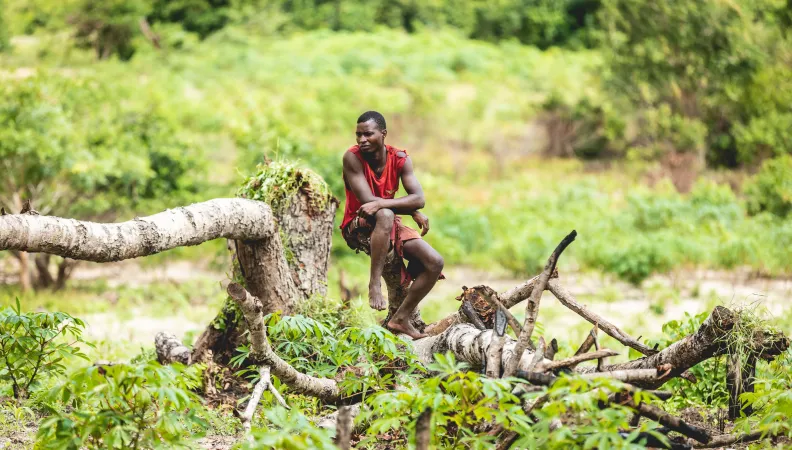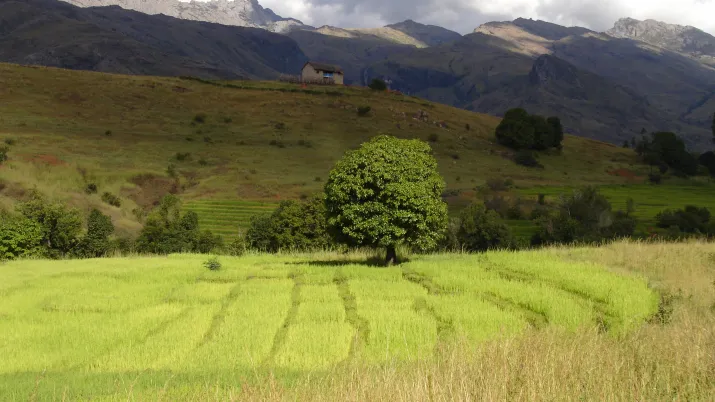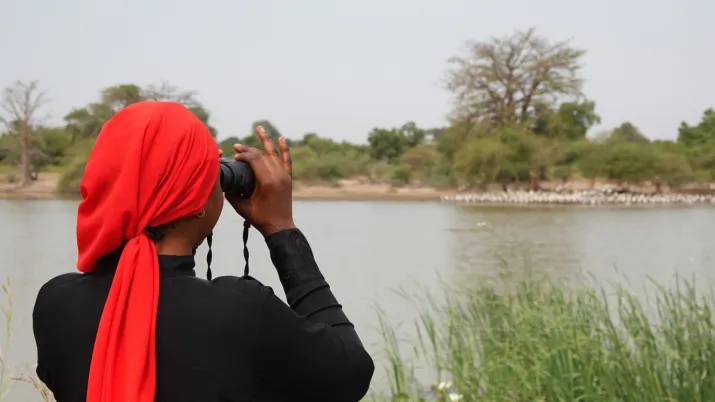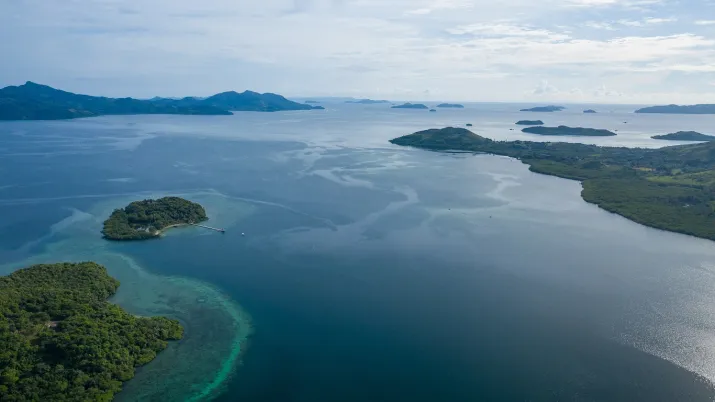Share the page
Ecological compensation to reconcile development and biodiversity (COMBO+)
Project


-
Project start date
-
Status
In progress
-
Estimated date of project termination
-
-
Project financing date
-
-
Financing duration
-
4 years
-
Type of program
-
FFEM
-
Global financing amount
-
€ 10000000
-
FFEM financing amount
-
€ 2000000
-
Project lead member institution(s)
-
AFD
-
Country and region
-
Multi-country
-
Type of financing
-
Partners
-
Beneficiaries
-
Wildlife Conservation Society (WCS)
Arguably, some of the environmental impacts of the extractive industries and major development works are irreducible. In these cases, ecological compensation may be used to reconcile economic development and biodiversity conservation. Supported by the FFEM, the COMBO+ project aims to operationalise this principle in six key Global South countries.
Context
To limit the environmental impact of extractive industries and major development works, most countries have put in place legislation which requires project sponsors to propose measures in line with a Mitigation Hierarchy (MH) to avoid, reduce/restore and offset impacts. However, they are still rarely implemented.
Ecological compensation, in particular, counterbalances impacts that could not otherwise be avoided or reduced. Supported by the FFEM, the COMBO+ project promotes the implementation of ecological compensation in six Global South countries facing the rapid expansion of large, high-impact projects that present significant challenges for global biodiversity conservation. As such, the project plays a role in defining and implementing policies aiming for no net loss of biodiversity, or even a net gain in biodiversity, by 2025.
Description
The project has four components:
- Supporting governments to finalise the institutional and legal frameworks enabling transparent and effective implementation of the Mitigation Hierarchy (MH).
- Providing a set of technical tools to assess habitats and identify areas that present significant challenges for local and national biodiversity conservation.
- Capacity-building with governments, civil society, financial institutions and companies so they understand how to implement the MH.
- Developing and trialling innovative operational models and methods for applying the MH.
Outcomes
- Supporting the drafting of implementing decrees in connection with the MH, as part of the new Environment Code in Guinea.
- Developing shared measurement indicators and setting up a single repository to hold data and information from the various stakeholders in Uganda.
- Finalising the national ecosystem map, as well as a map showing priority areas for biodiversity and a map of habitat restoration opportunities in Mozambique.
- Supporting production of a collection of existing good compensation practices in the Laos and Burma region.
Innovative and exemplary features
While present in the environmental legislation of many countries, the implementation of ecological compensation has rarely received regulatory and technical standardisation. The task of defining a prescriptive, regulatory and incentive framework started with the COMBO project.
The goal now for the COMBO+ project, supported by the FFEM, is to push for further innovations. The participatory dimension of developing cutting-edge technical tools, such as metrics and rules of equivalence, when designing and sizing suitable compensatory measures is just one example.





